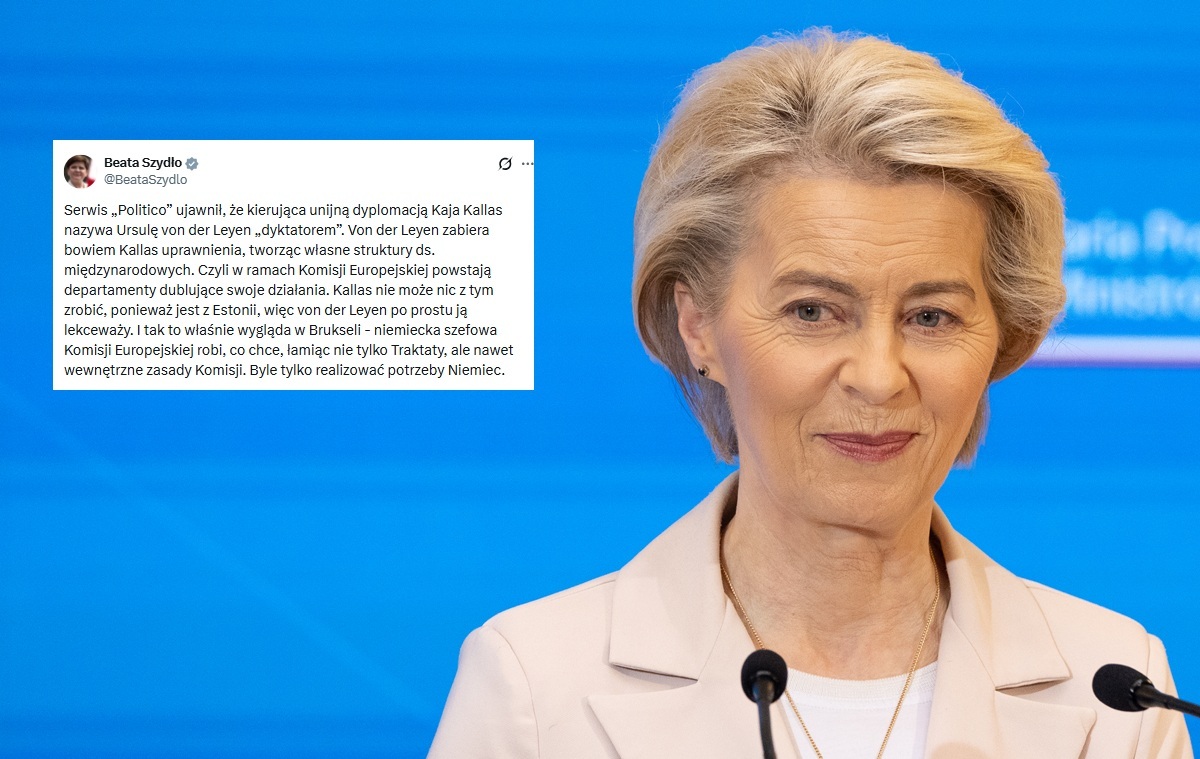
For the first time since the fall of the Berlin Wall in 1989, The Germans noted a historical turn in the migration of Poles. fresh statistic from 2024 uncover that more of our fellow countrymen have decided to leave their western neighbour than they have come to. This is simply a breakthrough change that can have far-reaching consequences for both economies, especially for the Polish labour marketplace and the level of wages. The return trend is driven by the dynamic improvement of Poland, the long-term economical crisis in Germany and the decreasing differences in earnings, which makes the current model of economical emigration questionable.
Historical Phrases: Numbers talk for themselves
The data for 2024 are clear and show unprecedented situation. Germany has arrived 76 320 PolesHowever, 88 388 decided to return to the homeland. This is simply a difference of over 12,000 people who reverse the 35-year trend. Since Poland's accession to the European Union in 2004, Germany has been the main destination of emigration, attracting more than 2.5 million Poles in search of better prospects and stability. The current migration balance indicates the end of this era and launches a fresh chapter in economical and social relations between the 2 countries.
Why do Poles come back? Crisis in Germany and Boom in Poland
The British diary “Times” points to respective key factors that prompt Poles to return. Among them are listed homesickness, the long-term economical crisis in Germany, the constant dynamics of the Polish economy, as well as the frustration of German bureaucracy and rigidity of the social system. Additionally, the Polish government offers a generous package of reliefs that encourages repatriation. The change in the direction of migration has not escaped the attention of the German political scene. Oskar Lipp, politician of the far-right alternate organization for Germany (AfD), sitting in the Bavarian Parliament, comments for “Times”: “In the eyes of many Poles Germany now looks like a fallen state. present hard-working Poles return home due to the fact that Poland is able to keep yearly economical growth of about 5 percent.”
Experts point out that Germany has lost much of its erstwhile attractiveness. Dr Andrzej Kałuża of the German Institute of Polish Affairs in Darmstadt, a Polish immigration official, confirms: “We have 1 of the strongest labour markets in the European Union. And for about 2 years we have maintained the position of 1 of the countries with the lowest unemployment rate in Europe." This shows that Poland offers unchangeable employment and improvement prospects, eliminating the request to go abroad.
No more Myths of Earnance? Comparison of wages and costs of living
One of the strongest arguments for emigration was erstwhile much higher earnings in Germany. This difference, although inactive exists, is systematically decreasing. In 2004, the average yearly wage in Germany was about EUR 30 000, while in Poland it was only EUR 6 000 – a ratio of 5 to one. Currently, Germany offers an average of EUR 48 000 per year and Poland is approaching EUR 25 000. This means that the difference decreased to about 2 to one.
Dr. Puddle notes that “Poles do not gotta go abroad to work. There is virtually no unemployment in Poland. Many people think, ‘Even if I make a small more money in Germany, I'll inactive pay more costs’. This is simply a key aspect due to the fact that the cost of surviving in Poland, especially in the area of housing, catering and childcare, remains lower than in Germany. The analysis shows that “a qualified individual in Warsaw can anticipate a wage small little than that in Berlin, and housing, catering and childcare stay cheaper in the Polish capital.” This calculation makes it economically rational to return to the country.
What does this mean for the Polish Labour Market?
The mass return of Poles from Germany is simply a phenomenon that is of large importance for the Polish labour market. First of all, this means an influx of experienced and skilled workers who can strengthen national businesses and contribute to further economical growth. Companies in Poland gain access to a pool of talents with global experience, which can increase innovation and competitiveness. In addition, returning compatriots frequently have capital that they can invest in Poland, setting up their own businesses or buying real estate, which further stimulates the economy.
This trend may besides put force on further wage increases in Poland to keep competitiveness and encourage stay in the country. Faced with low unemployment, the return of thousands of Poles is an chance to meet staff needs in many sectors, but at the same time a challenge for employers to offer working conditions and salaries at a level akin to Western European level. This is simply a historical minute that redefines the Polish labour market.
Read more:
Poles are mass returning from Germany. Historical trend changes labour marketplace and wages in Poland.










![Osadzeni z Przytuł Starych w schronisku Canis. Spacery i koce dla psów [ZDJĘCIA]](https://www.eostroleka.pl/luba/dane/pliki/zdjecia/2026/617393971_1239492278365799_5993130478926405187_n.jpg)

